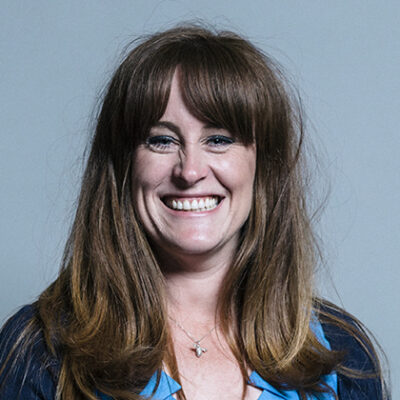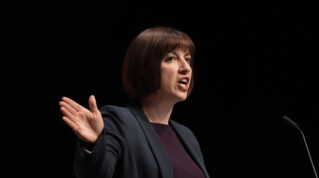The boss of the government’s go-to body for showing what works in education has urged new ministers to “focus on evidence not ideology” over potential plans for new grammar schools.
Professor Becky Francis, the chief executive of the Education Endowment Foundation (EEF), said the evidence was “pretty clear” that grammar school expansion was “unlikely to reduce education inequality” – and could widen it.
Liz Truss pledged during her prime ministerial election campaign to replace failing academies with new selective schools, lifting a ban in place since 1998.
Pro-grammar school MPs Kelly Tolhurst and Jonathan Gullis have since been appointed education ministers.
But Francis told Schools Week that while it might “be tempting” to set new priorities and “make a mark”, ministers should “focus on what the evidence says matters”.
The EEF has been an integral part of recent Conservative government reforms with Nadhim Zahawi, the former education secretary, describing it earlier this year as “independent evidence guardians in the system”.
His £137 million government funding for another 10 years would allow it to continue to generate and spread world-leading education evidence, he said.
But speaking about the potential return of grammars, Francis warned: “Focus on the evidence, not ideology”.
Grammar schools widen inequality
“Robust research” showed that “selective education systems widened education inequality and did not increase performance overall”.
A 2016 Education Policy Institute study found grammar schools did not boost attainment once pupils’ prior attainment and background were taken into account.
The gap between pupils on free school meals and their peers in attaining five Cs or above at GCSE was wider in selective areas.
Data from outside England backs the same conclusion. A PISA study across countries in the Organisation for Economic Co-operation and Development found selective education systems widened inequality and did not increase performance overall.
An analysis earlier this year of 53 international studies over the past 20 years into school tracking – where students are divided based on their achievement – showed no evidence selection improved average achievement, while exacerbating social inequalities.
Sam Freedman, a former adviser at the Department for Education, described the conclusion as “one of the most consistent and clearest findings in education research”.
Pro-selection policies continue to resurface
Earlier Tory plans to lift the ban in 2017 were ditched, but the policy continues to resurface.
Truss, who has two daughters at a grammar school, told the Conservative Home website parents should “have the choice that we have”.
Meanwhile Gullis, whose ministerial brief has yet to be announced, led a campaign to lift the ban on new grammars.

Tolhurst, likely to become schools minister, represents the selective Rochester and Strood in Kent. She said grammars in the area had “done wonders for the education of many of our young people”.
But Francis said she would continue to share evidence with ministers “without fear or favour”.
Alongside the £137 million funding, the EEF will also use £41.5 million of the government’s “accelerator funding” cash to scale-up programmes to help pupils catch-up, such as intensive reading groups.
Francis said the foundation wanted to “go harder and faster” in its work after two years of pandemic disruption. Studies that included the effectiveness of popular phonics programmes have been delayed.
Francis said EEF evidence had “never been more important because of tightening resources” in schools.
The school’s white paper says the foundation would “work closely” with the new Oak curriculum quango to “ensure its work is informed by the best available evidence and aligns with best practice”.
But Francis said it was unlikely to would go further than this – for example, quality assuring all of Oak’s materials – and instead it would act as a “sounding-board” on the evidence.















Prof. Becky Francis says selective schools exacerbate social inequalities, but that is considering the state system alone. When you consider social inequality between privately educated and state educated pupils (both in the education system and later in the workplace) don’t selective schools, in fact, narrow the social inequality gap between private and state educated people? Why does research not consider this potential advantage of having grammar schools?